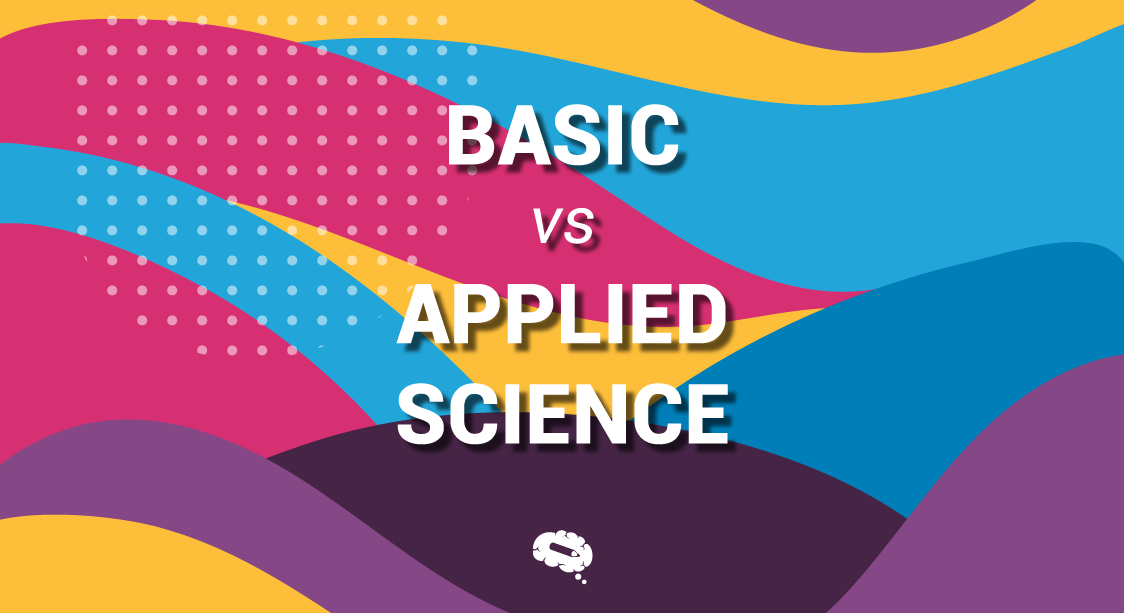Making the choice to pursue a graduate degree is a significant and frequently life-changing decision. Choosing between a Master’s and a PhD program, on the other hand, can be a challenging decision for many people. Both master’s and PhD programs provide advanced knowledge and expertise, but they differ in length, depth of study, and professional opportunities.
Knowing the distinctions between these two programs might assist you in making an educated decision about which degree to choose. In this article, let’s go over the significant distinctions between Master’s vs PhD degrees, so you can better understand which program may be the optimal fit for your objectives and aspirations.
What are the main differences between Master’s vs PhD?
| Master’s Program | PhD Program | |
|---|---|---|
| Requisites | Bachelor’s degree | Many countries require a Master’s degree. However, in the US, you can join a PhD Program with a Bachelor’s degree. |
| Length of Program | 1-2 years | 4-7 years (it depends on the country and each structure) |
| Focus of Program | Advanced knowledge and skills in a field | Original research and development of new knowledge |
| Depth of Study | Structured coursework-based, with a thesis or capstone project required | Heavily focused on research, culminating in a dissertation, that should contribute to the current knowledge in the field |
| Career Prospects | This may lead to career advancement or a higher salary | Often necessary for academic, research, or leadership positions, with higher earning potential |
| Salary expectations | A master’s degree can uplift a salary by approximately 18%, compared to a bachelor’s salary, according to the U.S. Bureau of Labor Statistics | The U.S. Bureau of Labor Statistics stated that a PhD salary is approximately 21% higher than a Master’s salary. |
Which should you choose?
The decision between a Master’s and a PhD program is ultimately determined by your personal goals, interests, and career objectives. Here are some additional considerations to think about before making this decision:
- Time commitment: PhD programs generally require a greater time commitment than Master’s degrees, evaluate if you are willing to commit to a program for four to seven years.
- Personal goals and interests: Evaluate your own goals and interests, such as the desire to contribute to your profession, grow in your job, or obtain specific knowledge and abilities.
- Funding: PhD frequently include financing possibilities, such as research assistantships or fellowships, which can help alleviate tuition and living expenses. While making your decision, consider whether financial opportunities are relevant to you.
- Aspirations for a career: Determine what sort of career you want to pursue after finishing your degree. A PhD may be required if you want to work in academia, research, or leadership. But, if you want to advance in your current career or pursue a position that does not need a PhD, a Master’s degree may suffice.
- Research: PhD programs place a heavy emphasis on research, so if you like performing research and are eager to contribute to your profession via original research, a PhD program may be a suitable choice.
Before deciding on a program, it is critical to acquire information and thoroughly analyze the different programs, as well as speak with existing students and professionals in your industry. Take your time and make sure you have all of the information you need to make an informed decision.
Understanding the costs
The costs of earning a Master’s degree and a PhD degree can vary based on a range of aspects, including the institution, program, and location. Tuition and fees are considerable costs for both degrees, with PhD programs sometimes costing more owing to their length.
According to Educational Data Initiative, a Master’s degree costs $62,650 on average, and a PhD degree costs $103,700 on average, however, this varies according to the institution, field, and duration of the program.
It is essential to carefully assess the costs of different programs and funding sources, as well as the possible return on investment for each degree.
Career prospects for a Master’s vs PhD
Ultimately, both a Master’s degree and a PhD may lead to meaningful careers with diverse prospects for professional growth, income potential, and leadership roles.
Graduates with a Master’s degree can develop their careers in a specialized subject or explore a new professional path. The degree can lead to higher-level jobs and leadership positions in a wide range of industries. Furthermore, many countries and institutions need a Master’s degree before beginning a PhD program; in these circumstances, a Master’s degree might lead to a PhD.
A PhD is sometimes required for academic roles such as professor or researcher. PhD graduates are also well-prepared for research roles in government, non-profit, and private businesses. Nevertheless, PhD graduates may earn more than those with a Master’s or a Bachelor’s degree and it can qualify individuals for positions of leadership in research and development.
Are you looking for on-demand figures and illustrations to communicate science?
If you’re seeking on-demand figures and illustrations to utilize in your research or to discuss your scientific findings, look no further! If you want to present complex ideas and facts in a clear and succinct manner while using simple and consistent designs, Mind The Graph is the solution for you!

Subscribe to our newsletter
Exclusive high quality content about effective visual
communication in science.





